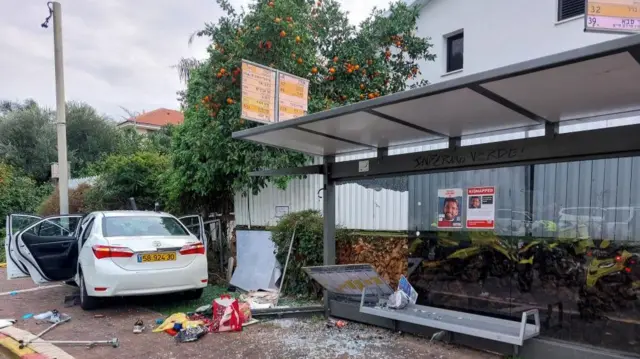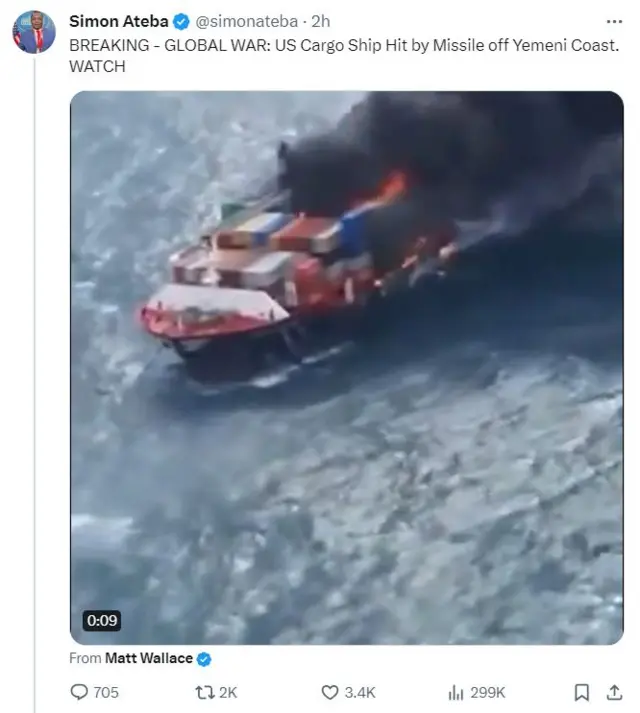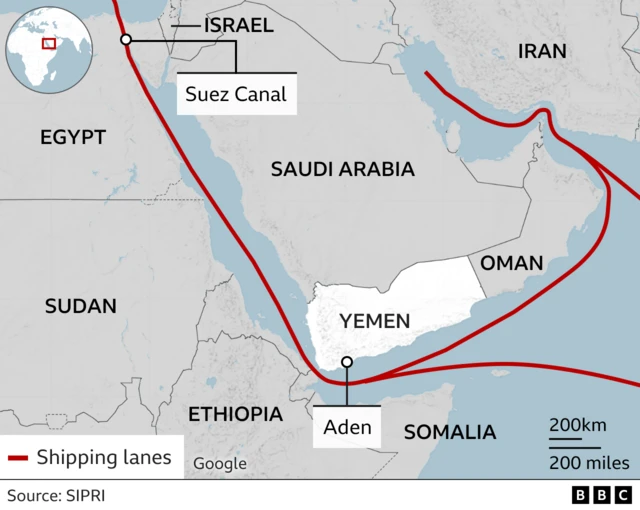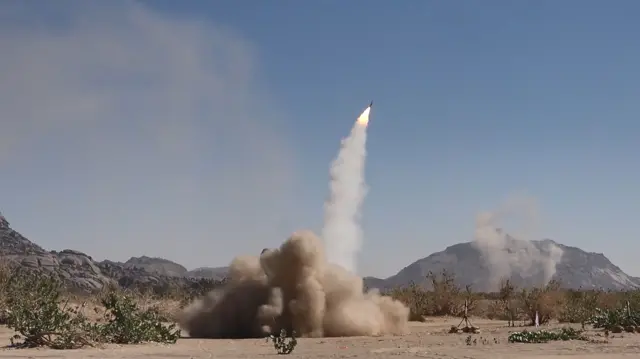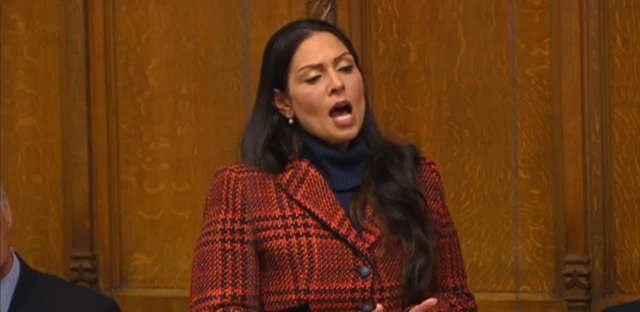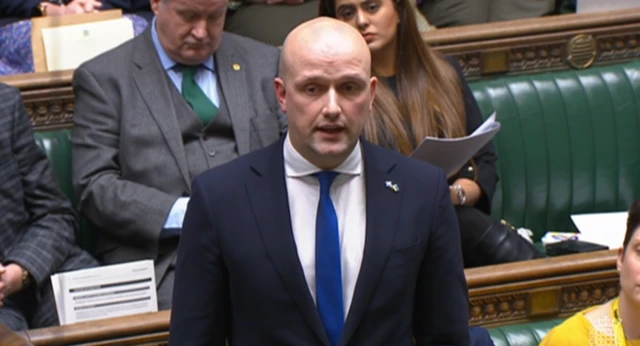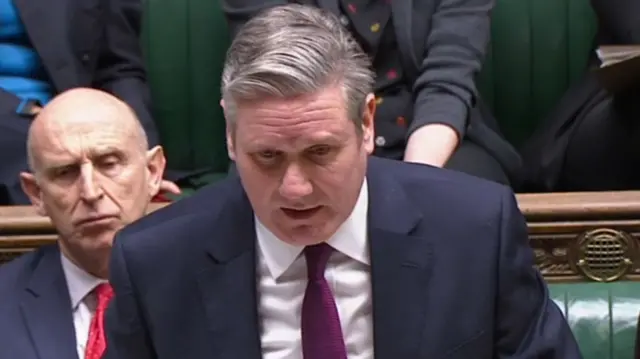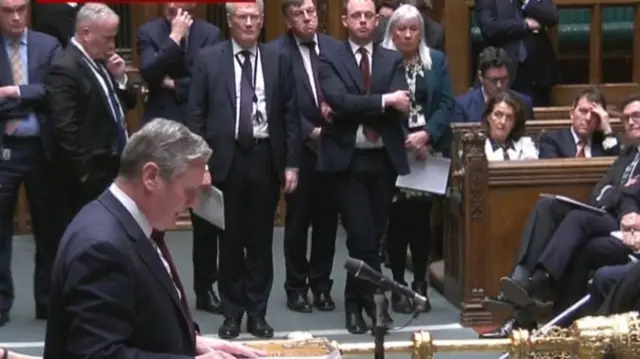Thanks for joining uspublished at 20:02 GMT 15 January 2024
That's the end of today's live coverage. Thanks for following our updates on the situation in Yemen following last week's UK-US strikes on Houthi positions in response to their strikes on commercial ships in the region.
You can read more about this story here:
- Who are the Houthis and why are they attacking Red Sea ships?
- What we know about strikes on Houthis and strategy behind them
- Yemen: US shoots down missile from Houthi-run area fired towards warship
Thank you and goodbye.


